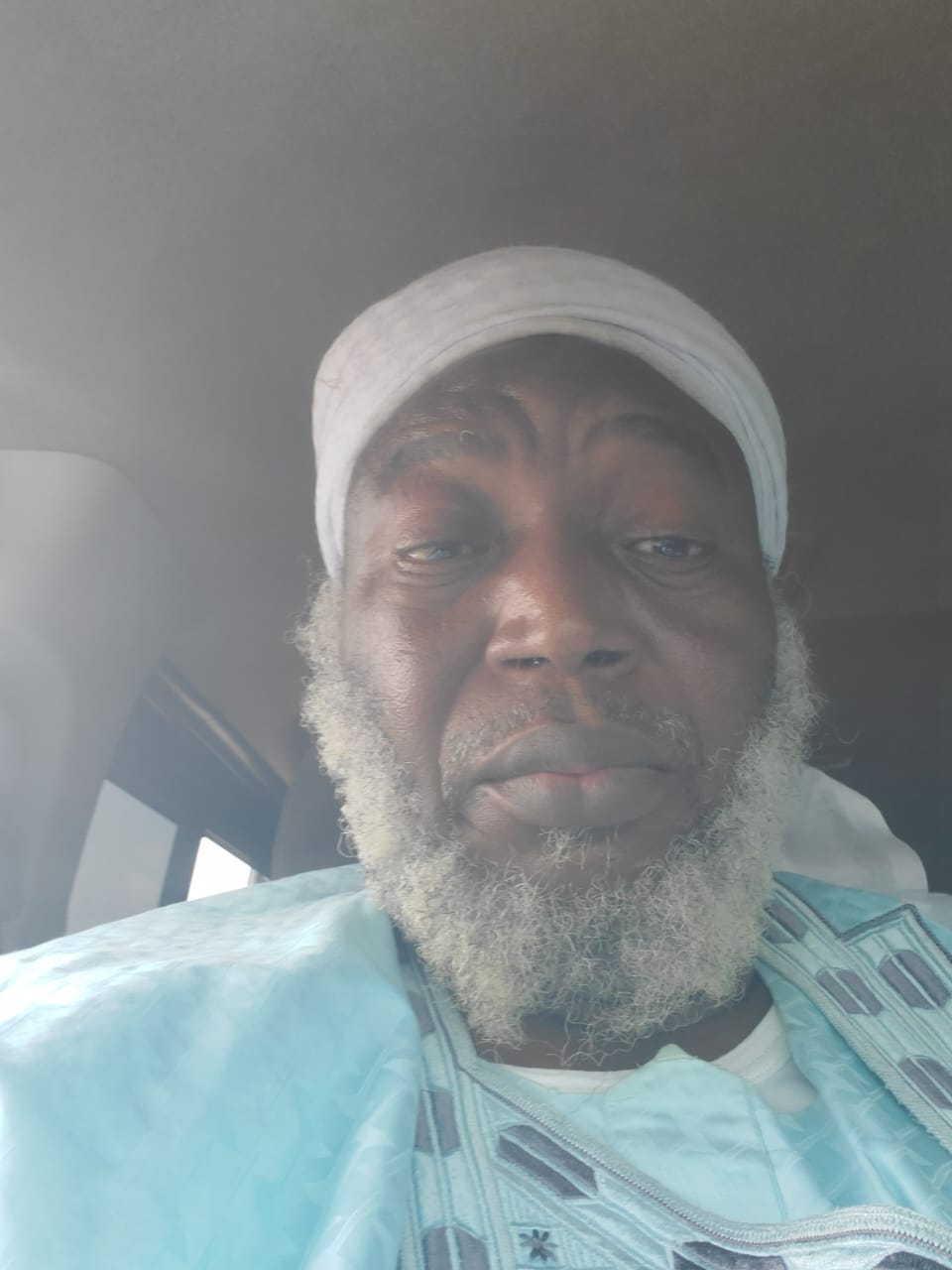
Olusegun Adeyemo
In Nigeria, the institution of traditional rulers, known by titles such as obas, emirs, and obis, predates colonial administration and continues to play an important role in cultural preservation, conflict resolution, and grassroots governance. Although traditional rulers no longer wield formal constitutional powers under Nigeria’s current democratic system, they command immense influence within their communities and are widely regarded as custodians of history, culture, and spirituality.
However, the appointment and succession of traditional rulers has increasingly become a subject of political interference. State governors, who legally ratify or approve traditional stool appointments under customary and state laws, are often accused of imposing candidates who align with their political interests. This has led to controversial enthronements, prolonged litigations, and communal unrest in different parts of the country, particularly in the Southwest, where obaship holds deep cultural significance.
In Osun and neighboring Yoruba states, several disputes over obaship stools have generated tension, sometimes splitting communities along partisan or family lines. Critics argue that the intrusion of politics undermines the sanctity of the traditional institution, while advocates for reform insist that the state must retain oversight to prevent succession disputes from degenerating into violence.
It is against this backdrop that Imam Misbaudeen Akinola issued his caution, urging governors to respect the autonomy of traditional institutions and for monarchs to avoid compromising their sacred roles through political affiliations.
Imam Akinola, who spoke in an interview with The Journal Nigeria, said the growing trend of political influence in the appointment of obas is eroding cultural values and creating avoidable crises in communities.
“The governors should learn to mind their business, knowing fully well that whatever position they hold, they are still children to the obas,” he said.
The cleric further urged monarchs to refrain from aligning themselves with political interests for personal benefits, warning that such actions diminish their divinely ordained status.
“People of respect are the obas, and it is only God that elects them. Many of the problems facing traditional rulers today stem from the pursuit of selfish gains,” Imam Akinola noted.
He emphasized that traditional institutions should remain neutral and focused on their cultural and spiritual responsibilities, rather than becoming entangled in political struggles.
